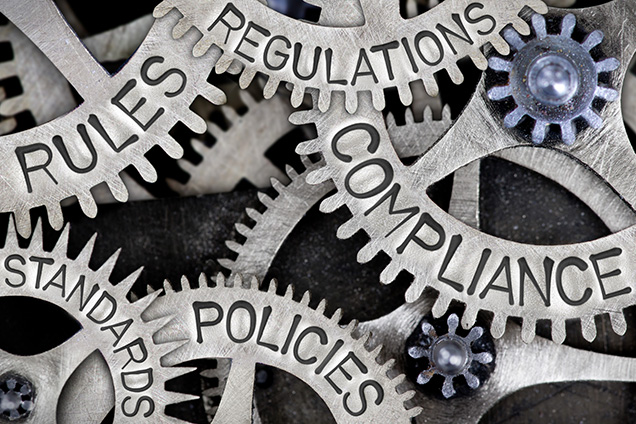Business landscape 2024: Key measures for corporate compliance in the new year amidst evolving challenges

Since a majority of the world’s economic activity is conducted through corporations, their impact on society is significant. As such, potential corporate misconduct poses a significant threat to social welfare. History has shown that imprudent and irresponsible corporate behaviour and action have a far-reaching impact on a wide component of society, both economically and physically.
Consequently, and despite the cardinal principle of ‘free market’, governments globally have put in place measures geared towards controlling, directing, and guiding corporate activity. This is done through the issuance of regulations, codes of conduct and mitigating measures to engender a socially desirable state of affairs.
The implication is that compliance is a continuous process with no hard stop. The dynamic nature of business environments, further exacerbated by the influence of technology in every sector, creates yet another indication that corporates should constantly and proactively review their compliance strategies. Not only does this insulate businesses from regulatory queries and litigation risks, but also ensures the sanctity of their brand, preventing reputational risks.
To foster a culture of compliance, and going into 2024, businesses need to complement their existing strategies with some of these measures:
- Synergised and cross-functional communications
Businesses need to initiate deliberate and strategic moves away from siloed working models and embrace the hybridisation of roles. Compliance is not a singular department’s job, and a unified approach will be a potent tool for years to come, not only in 2024.
- Customer-centric culture
The prioritisation of a customer-centric mindset as opposed to a profits-centered approach is key going into the year. Underpinning this with a detailed data analysis to drive business strategies will be key and invaluable for the year.
- Fortified cybersecurity strategies
As businesses continue to embrace technology in their operations, risks also abound. Increased targeting by criminal elements alongside concerns around data protection, privacy and human rights implications for businesses creates the need for corporates to fortify their cybersecurity strategies. Further to it, compliance specialists within businesses also need to be supported to build on their understanding of cybersecurity as a way of fortifying strategies to ward off threats.
- Automation
The need to automate systems and workflows as a scheme for monitoring third-party risks cannot be reiterated enough. Measures like coding to protect and insulate company assets from attacks, geared at augmenting compliance functions, remain fundamental to ensure heightened levels of compliance going forward.
- Flexibility and adaptability
New bottlenecks are emerging, making it necessary for entities to adapt lest they perish. In the face of bleeding-edge tech, unheralded and continued macroeconomic upheavals, and the ever-widening regulatory noose, indicates that for businesses to thrive, flexibility and adaptability are instrumental in navigating compliance pitfalls going into 2024.
In conclusion, going into 2024, the compliance lens looks to be ever-widening. The increasing appreciation of artificial intelligence (AI) and emerging technologies, climate change conversations, human rights concerns and expansion of cross-border trade are the next frontiers of compliance to watch out for in 2024.
As a result, corporates must re-imagine their approaches to compliance. Synergised and cross-functional communications, inculcating a customer-centric culture, automation, reinvigorating cybersecurity measures and embracing flexibility as well as adaptability are some of the essential measures towards this journey.

